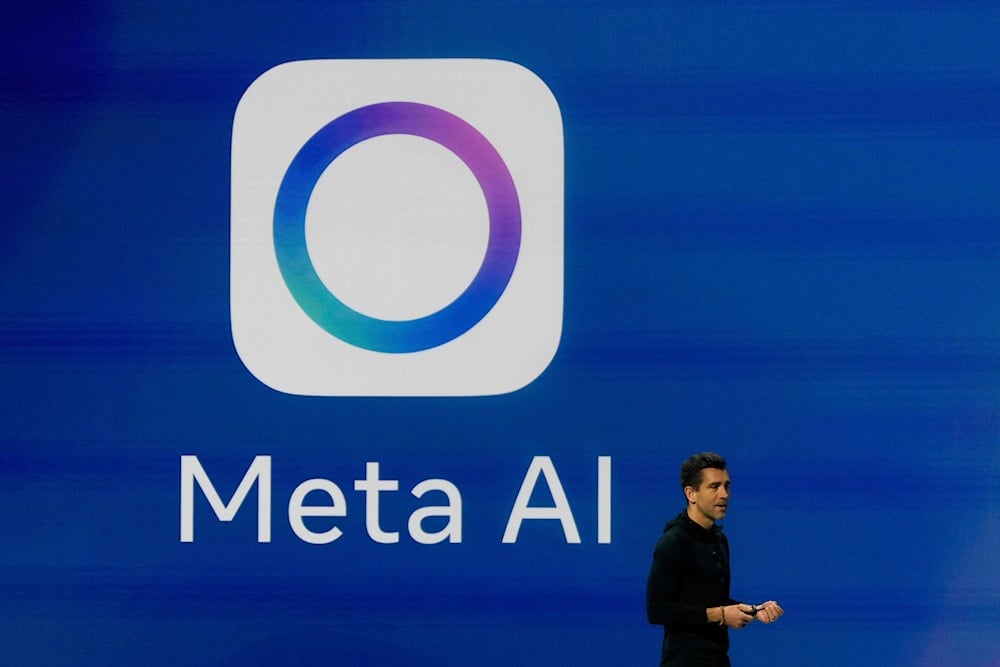Meta claims AI needs Aussies social media data to learn local concepts
Meta calls on the Australian government to avoid privacy reforms that hinder AI training with Facebook and Instagram data at the expense of user privacy.
-

Meta Chief Product Officer Chris Cox speaks at LlamaCon 2025, an AI developer conference, in Menlo Park, Calif., April 29, 2025. (AP)
Meta has called on the Australian government to avoid implementing privacy law reforms that would restrict the company's ability to utilize personal data gathered from Facebook and Instagram posts for training its artificial intelligence systems, emphasizing that the AI must develop an understanding of "how individuals discuss Australian concepts."
In a submission published this week as part of the Productivity Commission’s review on harnessing data and digital technology, Meta, the parent company of Facebook, Instagram, and WhatsApp, argued that the Albanese government should seek privacy reforms in the AI age while ensuring "global policy alignment."
Meta stated that generative AI models "require large and diverse datasets," emphasizing that these models cannot depend solely on synthetic data, which refers to information generated by AI systems, while also noting that existing databases, such as those containing Australian legislation, provide limited value for AI training compared to datasets that include personal information.
"Human beings’ discussions of culture, art, and emerging trends are not borne out in such legislative texts, and the discourse that takes place on Meta products both represents vital learning on both how individuals discuss Australian concepts, realities, and figures, as well as, in particular, how users of our products engage," the tech giant stated. It added that genuine and impactful learning, which is essential for developing meaningful communication tools, can only be achieved through training processes that incorporate real-world discussions and the original content itself.
Meta's Llama sparks privacy, ethics discourse
Meta has been using publicly available Facebook and Instagram posts to train its AI model, Llama, since the previous year, though the company faced regulatory action in Europe that required it to halt the use of users' posts for AI training, leading Meta to eventually provide EU users with the ability to opt out of this data collection.
Guardian Australia revealed last year that Australian users did not have access to a similar opt-out option because the one implemented in Europe was designed to comply with "a very specific legal framework."
Meta expressed concerns in its Productivity Commission submission that Australia's evolving privacy regulations risk diverging from global standards, creating conflicting obligations for tech companies that could undermine efforts to foster safe, age-appropriate online experiences while discouraging AI investment and consumer-friendly innovations in the country.
Bunnings, currently appealing a privacy commissioner's ruling against its facial recognition trial in certain stores, criticized Australia's privacy laws while telling the Productivity Commission it remained "committed to protecting customer privacy." The hardware giant argued that staff safety and customer security required measures ensuring "every team member deserves to feel safe at work, and every customer should be able to shop without fear of harm."
“Privacy must be considered in the context of an employer’s strict liability and an occupier’s legal obligations to maintain a safe place of work and business,” Bunnings added.
Woolworths stated that while it backs privacy law updates, it warned that the current reform proposals could create impractical obstacles for businesses trying to meet rising consumer expectations for seamless, personalized shopping experiences.

 3 Min Read
3 Min Read










